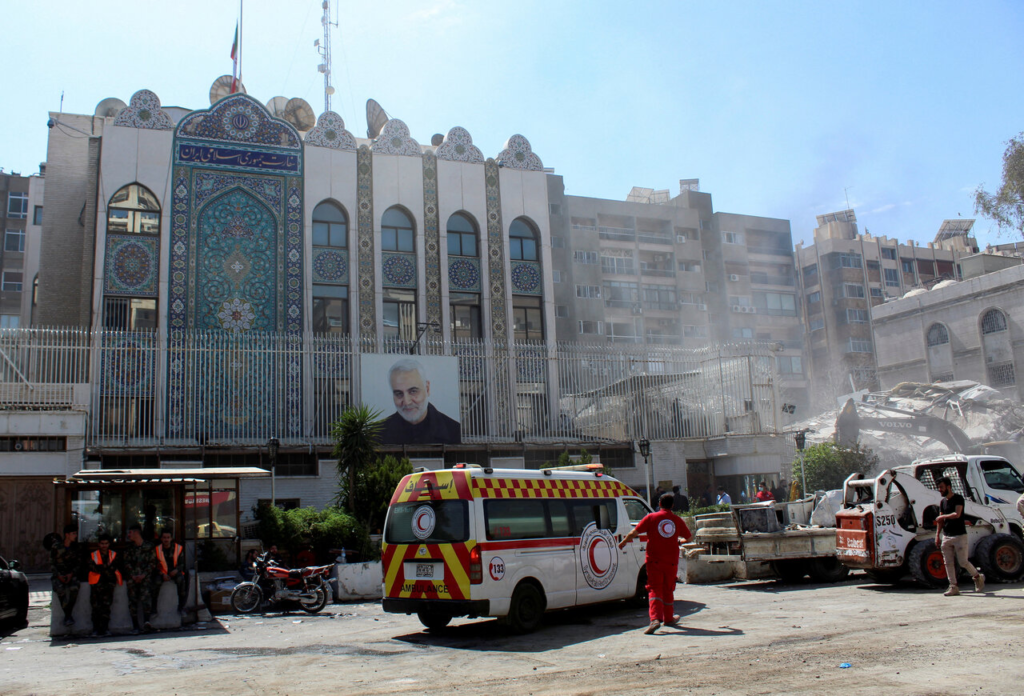The Israeli government’s decision to close down 28 diplomatic missions worldwide comes amid heightened tensions and fears of retaliation from Iran. This move followed the Israeli targeting of the Iranian consulate in Syria, citing threats from Iran as the primary reason for the closures. Reports indicated that Israeli embassies in Bahrain, Egypt, Jordan, Morocco, and Turkey were evacuated due to perceived threats.
After an Israeli missile strike on the Iranian Consulate in Damascus resulted in casualties, including Generals Mohammad Reza Zahedi and Mohammad Hadi Haj Rahimi, along with five others, the situation escalated further. Despite the attack, the Iranian consulate resumed its operations in a new building adjacent to the previous one on Saturday, promising full consular services.
Iran’s Ambassador to Damascus, Hossein Akbari, confirmed the Israeli strikes, revealing that six missiles were fired at the consulate structure. Akbari also announced Iran’s request for an emergency session of the UN Security Council in response to the attack, emphasizing Iran’s condemnation of Israeli actions and its right to respond.
During a ceremony at the Iranian embassy in Damascus marking International Quds Day, Akbari denounced Israeli aggression and warned of Iran’s readiness to retaliate. Additionally, Akbari criticized the Israeli regime for stockpiling resources in anticipation of potential Iranian retaliation, suggesting their apprehension regarding such a response.
Leader of the Islamic Revolution Ayatollah Seyyed Ali Khamenei vowed that Iran would hold Israel accountable for its actions, expressing profound sorrow over the loss of Iranian military advisors in Syria and condemning Israel’s aggressive behavior.
The Israeli warplanes’ bombing of the Iranian consulate, situated next to the embassy building in Damascus’s Mezzeh district, on Monday afternoon only intensified the tensions between the two nations.


